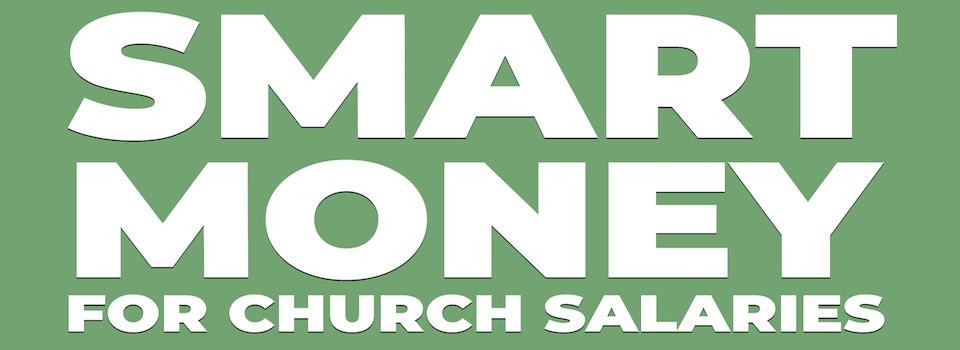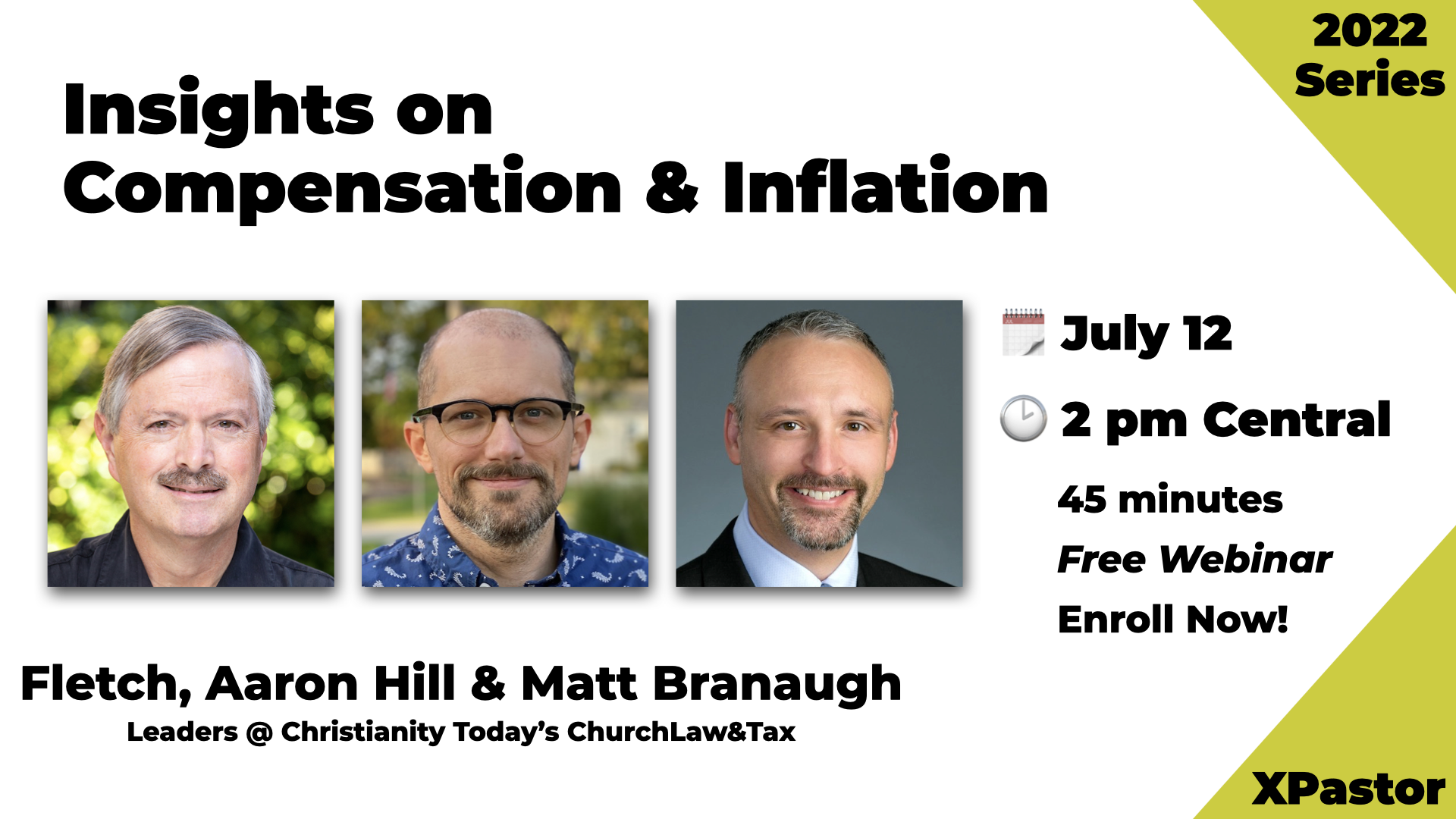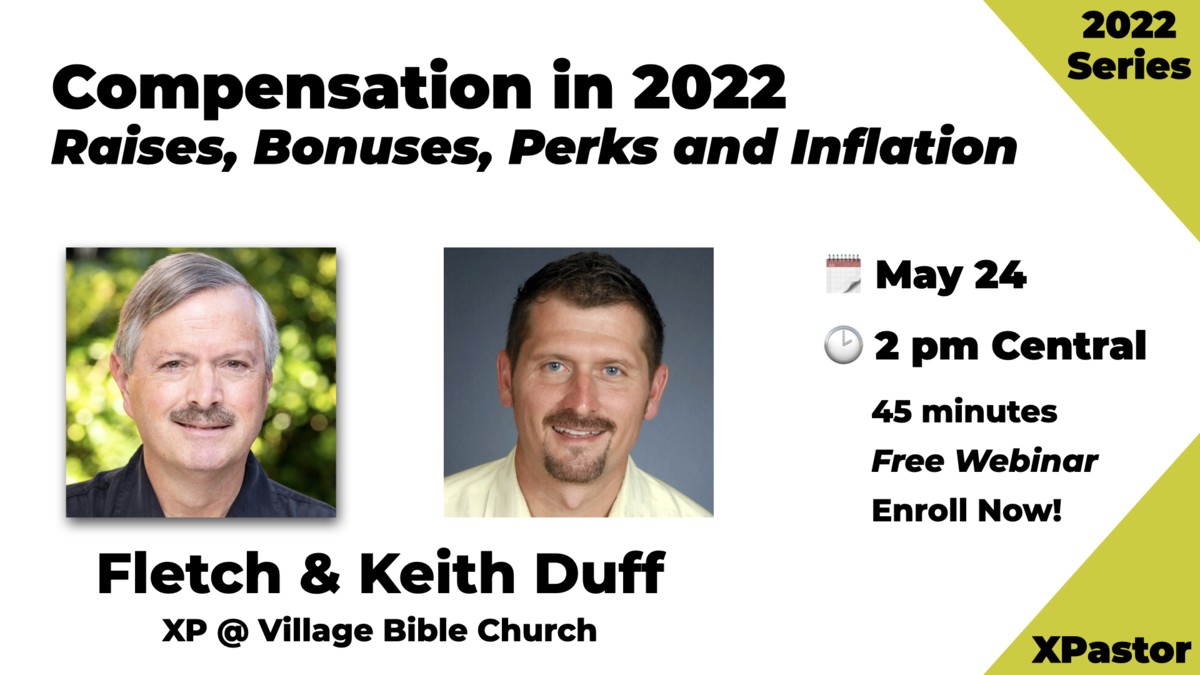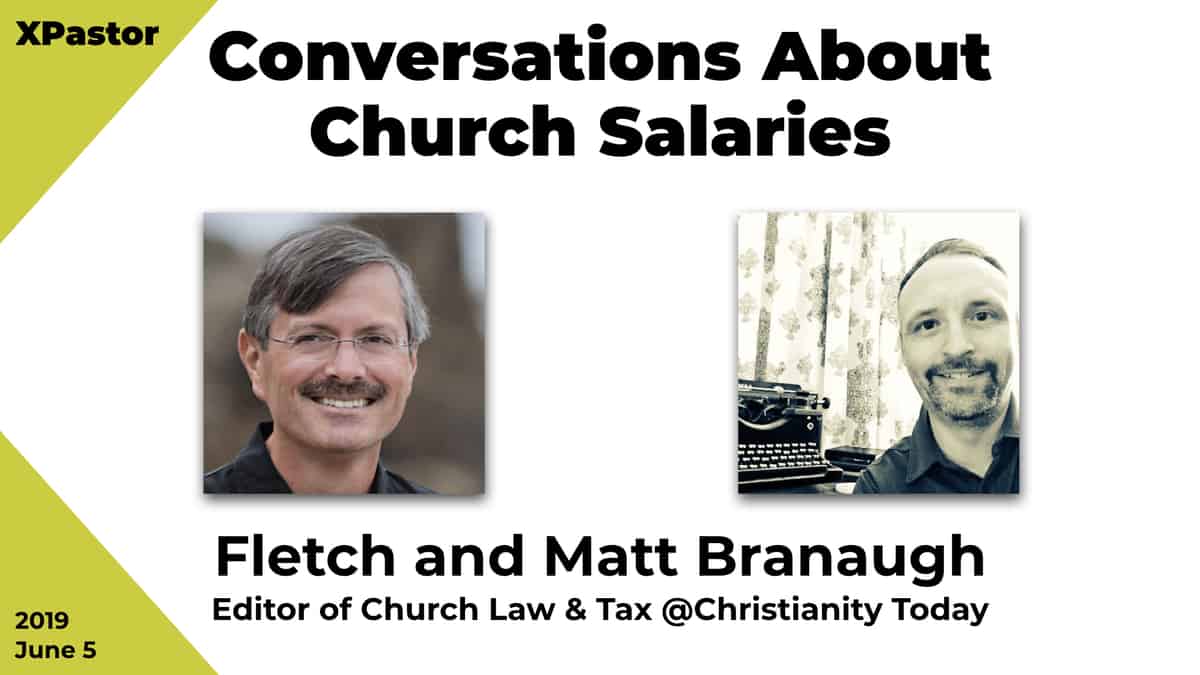Saturday, August 11, 2018
Hey Fletch … I’m really looking forward to the Smart Money for Church Salaries workshop! Perhaps you’ll cover this there, but can you share insight into how churches in affluent areas are handling housing costs, especially for new staff members who move into the area? Here in our region, the median home price is $1,000,000. This has made it especially difficult to hire folks who are new to this crazy real estate market. I imagine you may have dealt with this and wondered if you know how other churches are handling it. Loans? Signing bonuses? Equity share? Lottery? Thanks for any insight you might be able to provide.
DRF—There are several parts of the country where your question literally “hits close to home.”
Some churches in California have a joint ownership program. The pastor puts up a percentage of the down payment and the church puts up the same. This can make it possible to buy a house. As co-owners, questions arise. What about repairs and renovations? If the pastor and church are 50% owners, does a committee represent the church if the pastor wants to add a new roof or another bedroom? You can see how co-ownership can get dicey.
Loans are interesting. There are some states that have laws about any incorporated entity loaning money—and California has some rules about this, but I don’t know about your state. Bottom line, before doing a loan, check with an attorney. Issues need to be ironed out in advance. What happens when the pastor retires, resigns or is fired? Do they have to sell their house immediately? If the pastor becomes a “pastor emeritus” can he live in the house until he dies? Will the church then force the new widow or widower to pay back the loan or sell the home? Does the church have a second mortgage and will the primary lender allow this? Many lenders want a church loan to be a personal loan and not tied to the mortgage.
Common housing issues in high profile areas:
- Few churches do a signing bonus of a significant amount to help buy a house.
- Some churches increase salaries to help with local cost of living issues. They use national scales to understand how much housing costs are for their area.
- Some pastors live in apartments.
- Some families save for years before buying a house.
- Some churches loan money or are becoming co-owners but this is dwindling due to the complexities involved.
- Many churches overlook this area. “It’s the pastor’s problem.” In this scenario, only senior staff, or young staff with spouses in lucrative professional positions, can afford a house.
- Many families are dual income. One spouse’s income pays the mortgage and the other pays for everything else.
Without working through the issues in advance, these scenarios can be spelled u-g-l-y.
Another option is to only hire young, single men and women. Put money into a high profile dating website where only well-screened, rich folks can date your staff. Humor, trace.
Response—This is so helpful. Thanks for your thoughtful and thorough response. It’s certainly a difficult question that we haven’t landed on yet. This helps inform our conversation about it. I’ll let you know if we arrive at the “perfect solution.”










